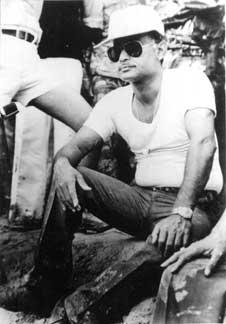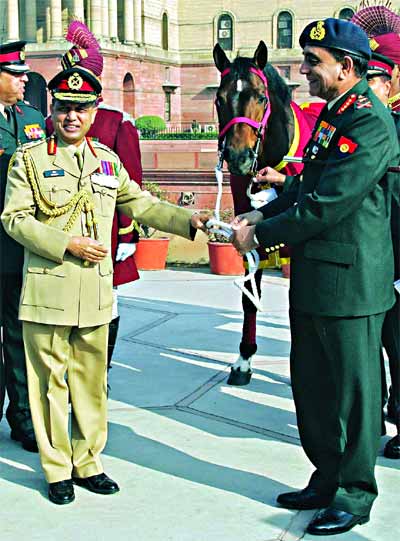Updated XV: BNP wins 28 out of 41 Councillor seats.
Updated XIV: Mohiuddin Chowdhury alleges vote-rigging; has not accepted election result. Manzur Alam wants to work with Mohiuddin for Chittagong’s development.
Updated XIII: And finally, Manzur Alam unofficially declared the Mayor of Chittagong. He wins by a margin of 95,528 votes. Congratulations to him and to Mohiuddin Chowdhury, for his two decades of service to Chittagong. Mohiuddin is, by far, one of the ablest administrators in Bangladesh today. Let us hope he will be given a cabinet post by Hasina.
Update XII: With 580 out of 673 voting centers reporting, Manzur Alam is leading Mohiuddin Chowdhury by 88,201 votes. This is interesting, because in 2005 ( 4 years into incumbency), when BNP’s popularity was at its lowest point, BNP andidate Mir Nasir lost by around 91,000 votes.
Updated XI: With 400 out of 673 voting centers reporting, Manzur Alam (257,645 votes) is leading Mohiuddin Chowdhury (223,971 votes) by 33,674 votes.
Updated X: Manzur Alam now leading Mohiuddin by 17,599 votes.
Updated XI: Manzur Alam, like Lionel Messi, accelerating and pulling away now. Daily Star has him at 161,312, leading Mohiuddin at 147,006 by 14,306 votes.
Updated VIII: Daily Star gives up; reports Manzur leading Mohiuddin by more than 5,000 votes.
Updated VII: Prothom Alo reports Manzur leading 83,843 to Mohiuddin’s 78,844. Bdnews24 concurs.
Updated VI: Prothom Alo, Daily Star, and Bdnews24 are delaying reporting Manzur Alam’s lead, even though Returning Officer Jasmine Tuli has announced Manzur to be in the lead.
Updated V: Manzur Alam jumps into the lead. He has 58,395 votes to Mohiuddin’s 55,043, for a lead of 3,352 votes.
Updated IV: Daily Star reports Mohiuddin leading by 2,828 votes (41,425 – 38,597).
Updated III: One dead. Situation threatening to turn spiral out of control.
Updated II: Manzur’s supporters gathering outside Election Commission office. One police officer seriously injured in clashes between Manzur’s and Mohiuddin’s supporters. Amir Khasru Mahmud Chowdhury, Manzur Alam’s Chief Election Agent, claims that the Election Commission officers are not allowing the publication of results from the centers in which Manzur is leading.
Updated I: The unofficial result shows Mohiuddin leading by only by 2,003 votes (36,799 – 34,796), but the figures coming out of the Election Commission consistently show Mohiuddin enjoying a far higher lead. According to the EC, Mohiuddin leads by 4,365 votes (28,750 – 24,385), more than double what the unofficial figures are predicting.
The odds were that the incumbent, Mayor Mohiuddin Chowdhury would easily beat out his main supporter, Manzur Alam. Things started to get interesting when police detained Slahuddin Quader Chowdhury for six hours the night before the election. They wanted to arrest him, he refused to get down from his car (and stayed inside all six hours), the news quickly spread all across the city and thousands of opposition activists turned up to see what was going on, the Election Commission refused to be used as pawns for Chowdhury’s arrest, and he was ultimately allowed to go free. Unfortunately, the Government seems to be sticking to its ill-conceived domino theory, that led it to grossly manipulate the Bhola by-election: any BNP truimph will in turn precipitate a bigger truimph and lead to a more confident opposition which shall pressurize the government further.
All this only leads an air of tragic inevitability to the Government’s attempts to rig the Chittagong City election. First Mohiuddin Chowdhury, with 23,153 votes, was leading Manzur Alam, with 21,692 votes, by a meager 1,614 votes. But then, by magic (digital magic), Mohiuddin Chowdhury has 24,579 votes, while Manzur Alam has 19,051 votes, and the lead is a much healthier 5,528 votes. Can anyone explain how the government candidate’s vote tally can increase while the opposition candidate’s decreases? Actually, I’m sure most of us can, but the explanation is not a pleasant one.






